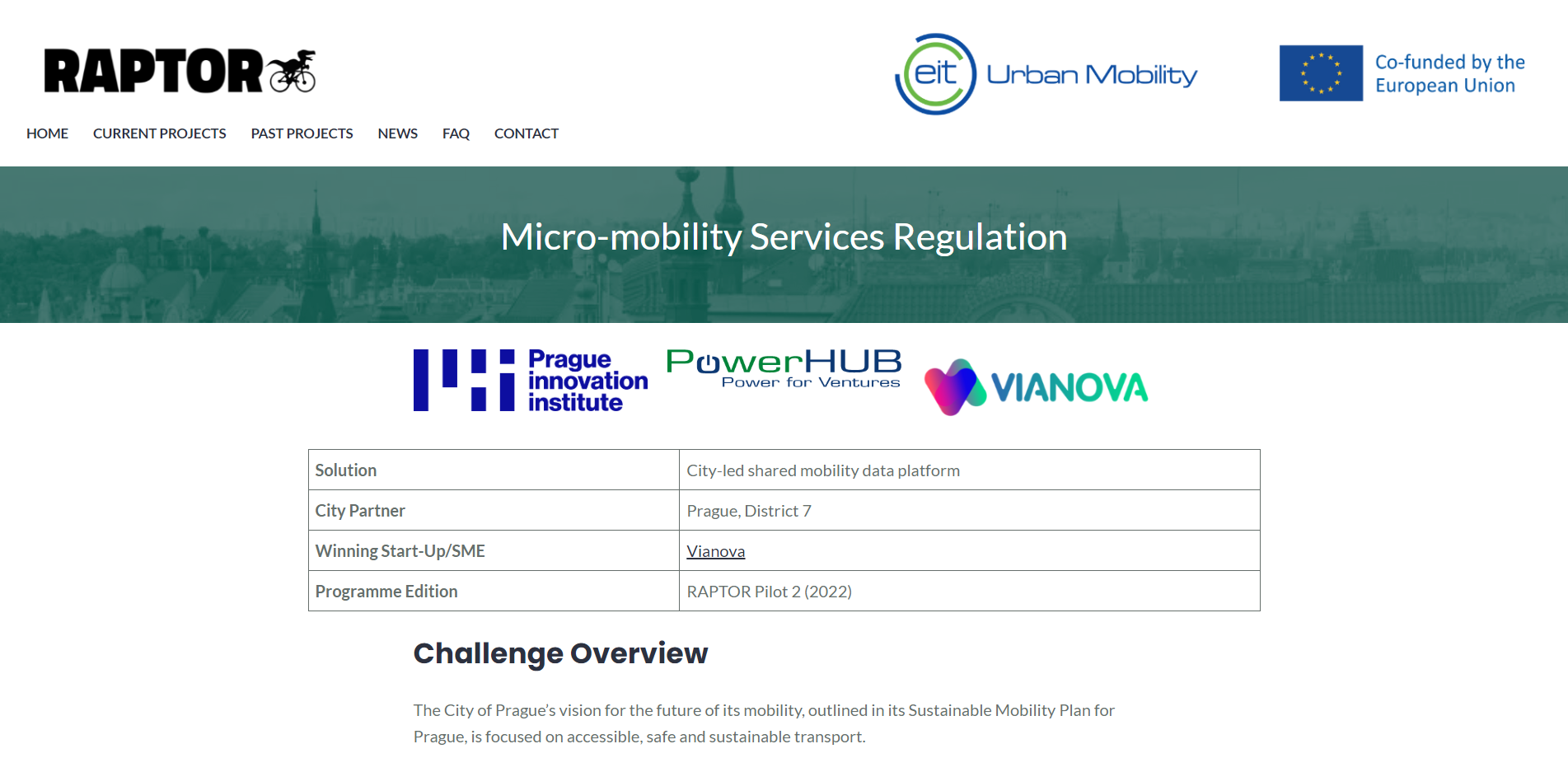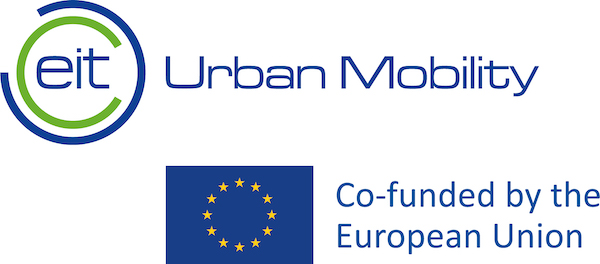Enabling municipalities to initiate governance mechanisms and test solutions for shared vehicles putting the city administration on top of micromobility and public space utilization.
Micro-mobility technologies such as e-scooters have been assumed to present a possibility to advance an urban transport sustainability transition, since e-scooters offer users of mobility an electric and readily available mode of transport that can replace other more carbon-intensive modes. The introduction of e-scooters has revealed the contentious and asynchronous relationship between this innovation, sustainability and regulation, expressed through micro-politics. As a relatively new mode of transport, e-scooters were not matched with appropriate regulatory categories. This is in stark contrast with public transport provision at urban and regional scales. Also, the introduction of e-scooters revealed gaps in which actors were able to make decisions and how these decisions shaped the use of public space and micro-mobility services.
This project aims to enable the municipality of Prague 7 to initiate governance mechanisms for an emergent technology and test solutions to analyze real-time position data from the shared vehicles with dynamic algorithms, putting the city administration on top of micromobility and public space utilization from their desktops. Making cities tidier, safer and more accessible.






